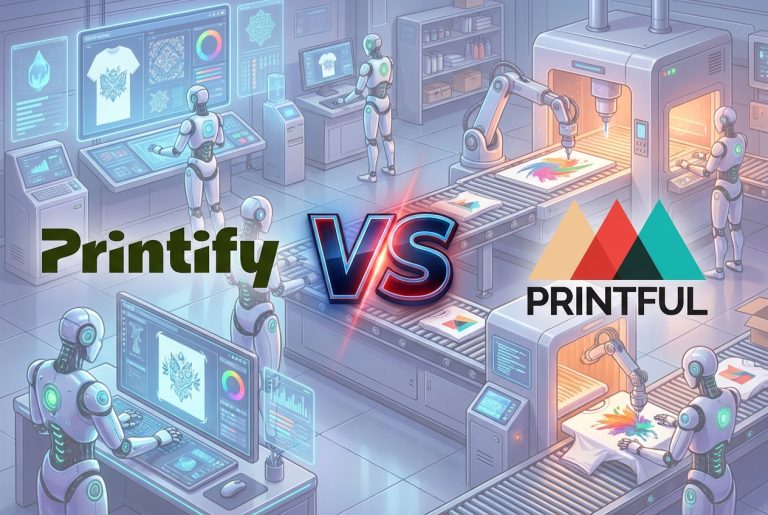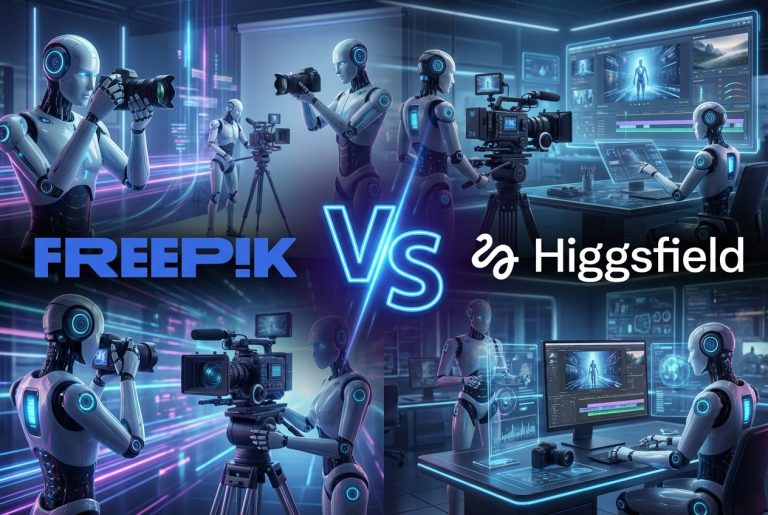Building smarter solutions through the role of AI in custom software development

With Artificial Intelligence at the helm of this transformation, the ever-evolving tech landscape continuously changes. The role of AI in custom software development it’s revolutionary and offers unparalleled efficiency, innovation, and competitiveness.
With companies striving to advance in the digital game, understanding and implementing AI in custom software development has become crucial. With AI-driven intelligence in software solutions, enterprises can automate complex tasks, garnering insights from data, managing, and offering increased personalisation in user experiences. This integration will further drive product quality, costs, and operational agility forward as companies race to compete in a market that has started changing at warp speed.
Key Takeaways
- AI is revolutionizing custom software development by automating tasks, improving efficiency, and enhancing product quality.
- It enables personalized user experiences by analyzing data to tailor software to user needs and preferences.
- AI improves decision-making with data-driven insights, helping businesses predict risks and optimize processes.
- Challenges in adopting AI include data privacy concerns, high costs, and maintaining AI models with updated data.
- The future of AI in software development includes integrating with blockchain and IoT, making solutions more scalable, secure, and accessible for businesses of all sizes.
The growing role of AI in custom software development
Artificial Intelligence is fast finding a place in many of the core business processes and extends to custom software development. Organisations adopting AI also use it to gather insights into different areas, enabling them to make strategic decisions that lead to improved user experiences.
Businesses can drive smoother operations and provide personalized services through AI-powered capabilities for predictive analytics, natural language processing, and intelligent automation. Partnering with NJ custom software development experts can further accelerate this transformation, ensuring tailored AI solutions that address specific business needs. This will allow companies to outpace the competition by delivering more innovative and responsive solutions to dynamic customer needs.
Current trends and statistics
A report by Grand View Research noted that the global AI market size was valued at $93.5 billion in 2021 and will exhibit a CAGR of 38.1% during the forecast period of 2022-2030. This growth has been reflective of the rising traction for AI technologies across a variety of applications, including software development.
Moreover, a McKinsey Global Survey on AI showed that respondents from organisations that have adopted AI report an almost 50% increase in productivity due to AI integration with standard software development practices. These statistics highlight AI’s role in transforming business processes and indicate the rising dependency on intelligent technology solutions within the software development industry.
Transforming the software development lifecycle
AI’s integration into custom software development spans various stages of the software development lifecycle, from planning and designing to testing and deployment. AI algorithms can predict project timelines, automate coding processes, and enhance error detection, speeding up the development process and increasing efficiency.
In addition, AI-driven analytics can analyse user feedback and behaviour to provide important insights on further iterating the product. This will ensure that the finished product is well-geared toward meeting the user’s requirements while aiding in projecting future trends to guide its evolution.
The multifaceted impact of AI on custom software development
Enhancing productivity and efficiency
AI’s most important impact on software development is increasing productivity and efficiency. AI-driven tools automate routine and repetitive tasks, freeing up developers to work on more complex aspects of the project. For example, AI can be used to automatically write code for specific functions, test software, and even detect and fix bugs, significantly speeding up the development process. Additionally, AI can support project timelines by predicting bottlenecks and optimising resource allocation. This level of automation reduces human error, making the development cycle smoother and more consistent.
Promoting personalized user experiences
AI opens up amazing avenues toward personalised user experiences. By analysing huge amounts of data, AI can help understand user behaviours, preferences, and patterns. Information drawn out through this means enables software products to be designed according to the needs of active individuals, hence increasing end-user satisfaction and involvement in application usage. Artificial intelligence continually adjusts and fine-tunes recommendations with real-time data enabled through machine learning algorithms. With this, user retention improves, and business firms will be able to derive solid relationships with customers by providing more intuitive and user-friendly applications.
Streamlining decision making
AI also plays an important role in decision-making processes within custom software development. By providing data-driven insights, AI helps business leaders and developers make informed decisions in the least amount of time. Whether choosing the right framework tools or deciding on the feature set, AI can offer recommendations based on historical data and predictive analytics. AI-driven algorithms further allow analysis of past performance data, which can be used for predictive analytics to spot a possible risk and enable proactive decision-making. With this, decisions become faster and more accurate, ensuring a company remains competitive within markets.
Challenges in integrating AI

Integrating AI in custom software development is also challenging, precisely data privacy issues and the high complexity of AI models, among several other factors. Further, implementing AI technologies has a cost attached, which could discourage small and medium-sized enterprises. Implementing AI technologies requires much planning to ensure that the technologies align with operating systems and other processes. In addition, organisations need to handle ongoing model maintenance when newer data is available to keep the AI models updated and accurate.
The future of AI in custom software development: Trends and Opportunities
With each passing day, AI will only continue to evolve and influence the future of custom software development in more profound ways while opening new business opportunities. One promising direction of this development is the integration of AI with other emerging technologies, such as blockchain and IoT, to make even more secure, scalable, and intelligent systems. The ability of AI to process large amounts of data in real-time enables companies to deliver innovative solutions more speedily and efficiently than before, fostering new business models and services.
Moreover, with advanced development, AI technologies will continue to be more accessible and affordable, enabling even smaller companies to implement AI into the software development process. This will level the playing field, fostering innovation in all fields. Additionally, the increasing involvement of AI in user-centered design will translate into developing more adaptive, self-learning systems that continuously evolve through user interaction and changes in the environment, making software more intuitive and effective.
Conclusion
AI is definitely changing the face of custom software development. From enhancing efficiency and productivity to offering customised solutions and informed decision-making, AI’s benefits run deep. But for companies to realise AI’s full potential, they have to overcome some challenges that come with its integration, such as ethics, cost, and talent.
As we move forward, AI’s role in custom software development is poised to become more critical. AI will drive innovations and lead businesses toward an efficient, user-focused future. Embracing AI is not about staying relevant but setting the pace in the technological race and delivering practical, intelligent, and adaptive solutions.
By applying AI, businesses can enhance not only their software development processes but also their products, making them more responsive to users’ needs and market dynamics. As it stands, AI is not just an optional tool but a key component in building more intelligent, more responsive software solutions in today’s digital age.




